A series of meetings with officials from Pyongyang and Seoul has shown that Beijing has never stopped making diplomatic efforts to break the ice on the Korean Peninsula issue, said an analyst.
Li Jiacheng, an associate professor at Liaoning University's School of International Studies, said that with Beijing being a main channel for Pyongyang to connect with the outside world, China hopes to help resume US-DPRK dialogue as well as inter-Korean dialogue.
"Talks on the Korean Peninsula issue have increased. China is acting as a mediator and has made outstanding efforts to ease the situation," Li said.
Liu Xiaoming, the Chinese government's special representative on Korean Peninsula affairs, said China, as an important party in the Peninsula's affairs and a signing party in the Korean Armistice Agreement, is willing to play a constructive role in maintaining communication with relevant parties on matters including the promotion of peace talks and the announcement of the end-of-war declaration.
In a meeting held online on Monday with Noh Kyu-duk, the Republic of Korea's special representative for Korean Peninsula peace and security affairs, Liu reiterated China's hope that relevant parties and the international community will take more positive action to contribute to the political settlement of the Peninsula's issues.
Noh said the ROK attaches great importance to the key role played by China and expressed his country's willingness to enhance communication and coordination with Beijing.
Their meeting came less than a week after a meeting in Beijing between senior diplomat Yang Jiechi and Ri Ryong-nam, the Democratic People's Republic of Korea's ambassador to China, in which they agreed to enhance communication on issues of the Korean Peninsula.
Yang, who is the director of the Office of the Central Commission for Foreign Affairs, said China is ready to maintain high-level exchanges with the DPRK, strengthen strategic coordination and promote pragmatic cooperation to push bilateral ties to a higher level and make contributions to regional peace and stability.
State Councilor and Foreign Minister Wang Yi also discussed the situation on the Peninsula with ROK Foreign Minister Chung Eui-yong on the sidelines of the G20 summit in Rome last week.
Foreign Ministry spokesman Wang Wenbin said on Tuesday that the current situation on the Peninsula is complicated and sensitive, with political settlement still at a standstill.
The crux of the issue lies in Pyongyang's denuclearization measures, which have not won enough attention, and its legitimate concerns have not received due response, said Wang during a news conference.
"The United States should face up to where the crux of the issue lies and put forward dialogue resolution and take real action rather than continuing to chant slogans," he said.
On Friday, China and Russia proposed a draft resolution to call on the UN Security Council to ease sanctions with the intent of enhancing the livelihoods of the DPRK's civilian population.
The country has been subject to UN sanctions since 2006 over its nuclear and ballistic missile programs.
'Constructive move'
Calling the resolution a constructive move, Wang said the main consideration behind it is aimed at moving into the right direction of a political settlement to the Korean Peninsula issue and create an enabling atmosphere to facilitate the early start of dialogue.
The Security Council should facilitate external support and assistance to improve people's livelihoods in the DPRK, he said, adding that the council should also make adjustments to some sanctions concerning the economy and livelihoods.
The resolution should also focus on improving relations between the two Koreas and promote reconciliation and cooperation, Wang said.
Li said China is seeking a way out of the stalemate by communicating with relevant countries and presenting relevant resolutions.
However, he said the US has not taken concrete measures to show its goodwill, but instead continued military drills with the ROK, which is not conducive to easing tensions.
Li also said the US and the ROK should take practical action to show their willingness to continue talks, such as reducing the frequency of military exercises, easing the intensity of sanctions, and providing food and health assistance to Pyongyang.












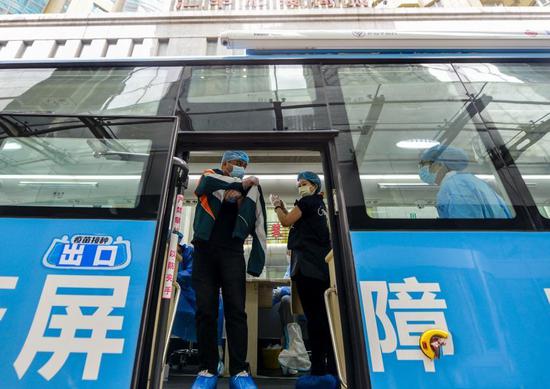

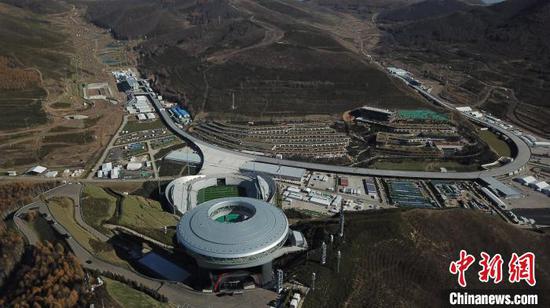
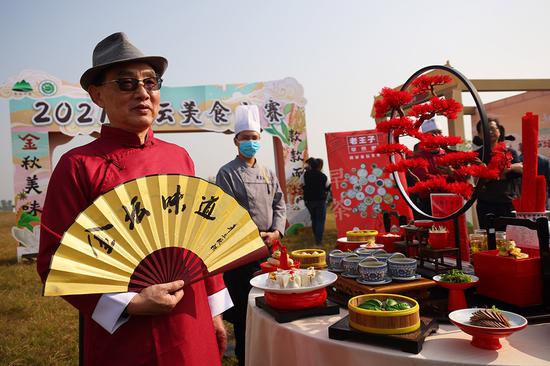






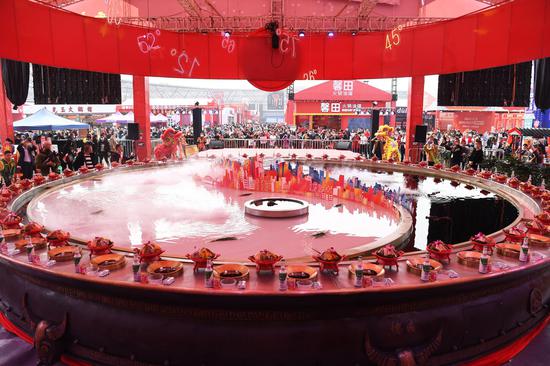
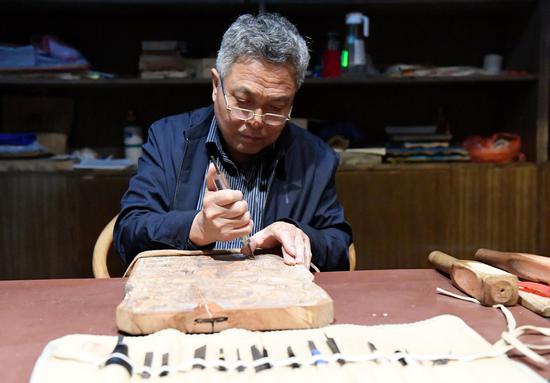



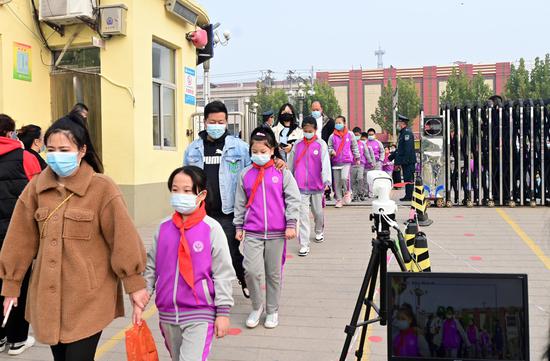



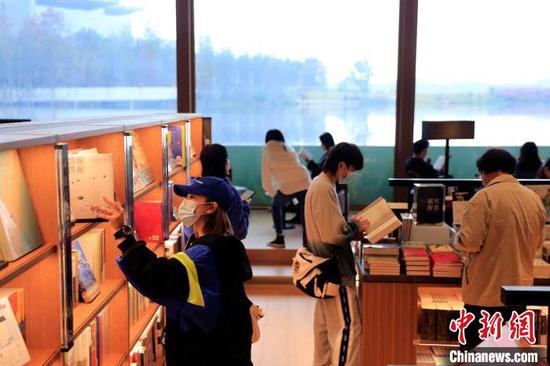
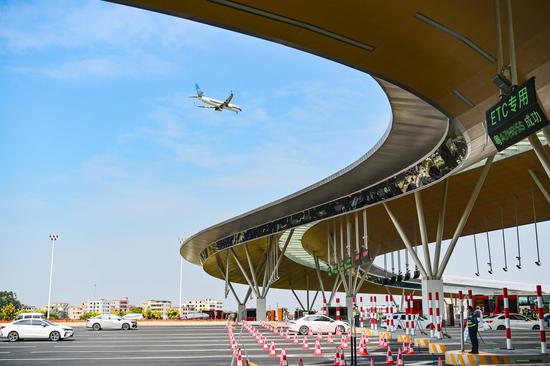








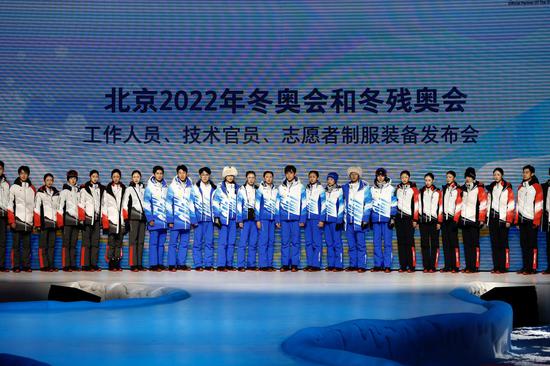
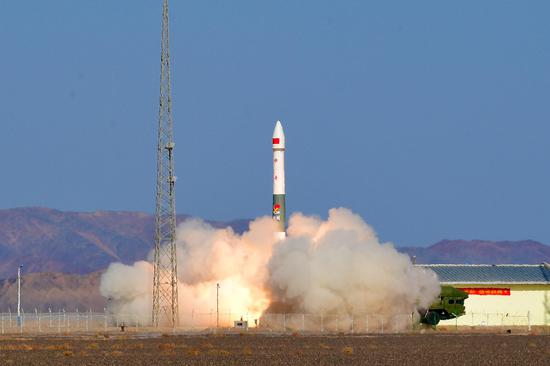

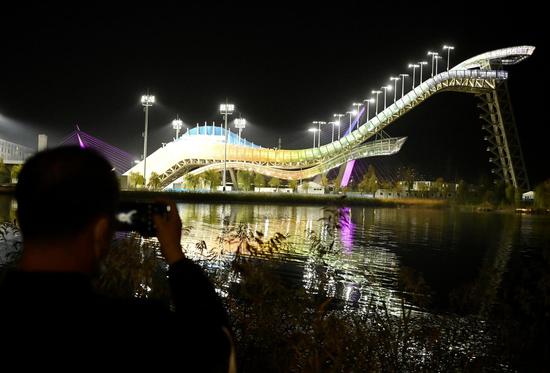





 京公网安备 11010202009201号
京公网安备 11010202009201号